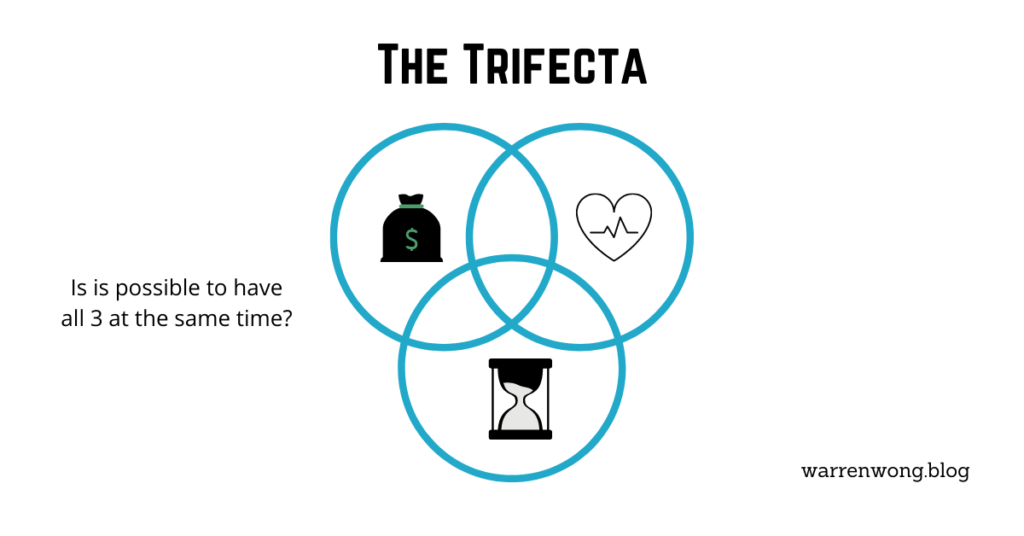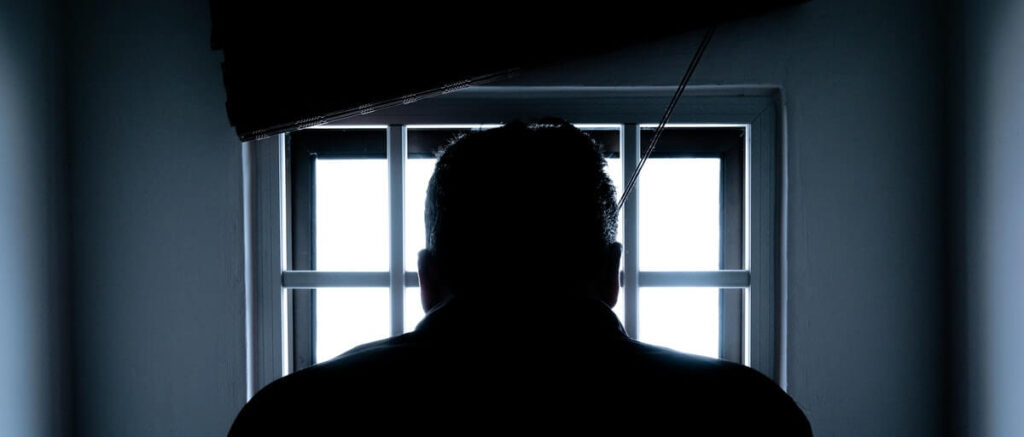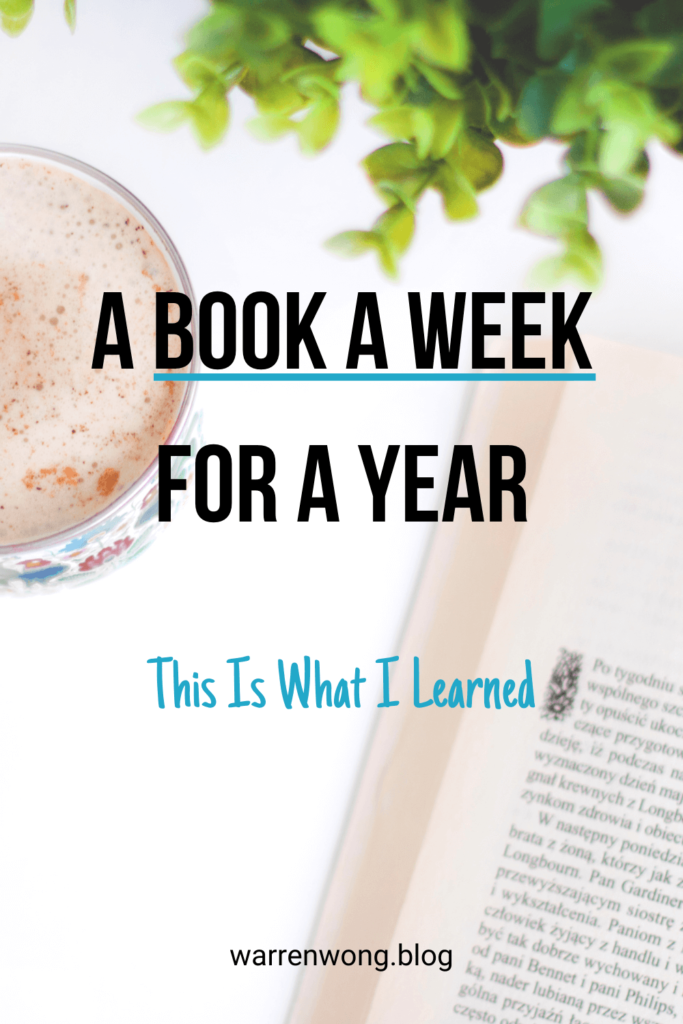A Book A Week for A Year, This is What I Learned
8 minute read · By Warren Wong
Ever had one of those bright ideas where you accept a challenge and regret it? Well, that’s sort of what happened to me when I accepted the challenge of reading a book a week for an entire year!
A book a week sounds good in theory, but it was more challenging than expected.
After reading over 15,000 pages, averaging just over 300 pages per book, I learned a few things. Firstly, I can do it. Secondly, I am hesitant to do it again. And not because it wasn’t worth it.
However, I would say that overall, it was one of the best things I ever did. Here’s why.

The Doctor Prescribes a Book A Week
Everything you want to know and understand, can be found in a book. Questions about the universe (Brief History of Time by Stephen Hawking), the infinite power of the human will (Can’t Hurt Me by David Goggins), and perceptions of a wildly fascinating, yet terrifying alter dystopian future (Brave New World by Aldous Huxley), can all be found in the written word.
Books can plant new ideas, crush loosely held beliefs, and profoundly influence your trajectory in life.
While I embarked on the book a week challenge, I discovered a pattern. Through the many characters, both fiction and non-fiction, they told poignant tales. Some in metaphors, others very bluntly, and some you had to read between the lines.
So what was the pattern? The ebbs and flows of life, and how it is different, yet the same for all of us. Whether we are born in a first world or third world country, whether we have money or don’t, or whether we were born with disability or not. These stories are human, to its very core.

These books teach us about relationships, with our parents, children, our elders, and our friends. They also speak of the most important relationship there is. Our relationship with ourselves.
Related post: Why You Shouldn’t Care What Your Parents Think
In Fearless by Eric Blehm, a young man faces seemingly insurmountable challenges of drug addiction and loss of purpose, finds redemption by becoming a U.S. Navy Seal. He is described as fearless, not because he had no fear, but he rose above it, for his teammates, his wife, and his supporters.
Through stories recounted by family, friends, and teammates we delve into the type of man he is, and what he went through as he faced life’s obstacles.
So often, we find ourselves in a whirlpool of emotions facing our very own demons and obstacles, and forget that the man and woman next to us are facing many battles within. We think we are trapped in a silo, and are all alone. But, nothing could be further from the truth.
It is through books like Fearless or Khaled Hosseini’s And the Mountains Echoed, where we can glimpse into the mind of other characters and draw parallels to our own lives. And it doesn’t matter if it takes place in Afghanistan or America. We can find safe refuge knowing we are not alone, and that there is hope, even if we can’t see it now.
Books Versus Real Life
What if I rather live life, then read about it? Well, I think they go hand in hand. Books are powerful because they tell stories. They provide us with facts and fiction that can shape how we view the world, and ultimately our actions.
There is something different when a well told story hits home and transcends what our mother’s have been telling us from an early age. One got through to us, and the other didn’t.
Knowledge is useless without true understanding and application.
As I read book after book, I began seeing patterns. Authors tend to base their characters on real people, just with a different name.
Albeit some stories may be sensational, but many are more subtle, and the conversations had are some of the ones you’ve had with your loved ones and friends. It’s just that when you’re reading a book, as an outsider looking in, these conversations appear different and vaguely enlightening.
In Amor Towles’, A Gentleman in Moscow. An old man placed under house arrest for the rest of his life finds new meaning in taking care of another woman’s daughter, under dire circumstances, which leads to run ins with the law, untold secrets, and precarious rendezvous.
A life which appears to have no meaning, draws weird parallels with situations that we perhaps encounter in our own lives. Lives faced with monotony, lack of purpose, and occasional trysts that seem to give us momentary happiness.
Books, and real life are one in the same. They elicit many of the same emotions and have the power to transform our lives, just as real life experiences do.
Related post: 7 Reasons Why Books Should Be Your New Best Friend
A Kind Warning
While reading a book a week, can seem extreme for some, it proved to be a delightful distraction. Replacing a screen with a hardcopy book, I found myself appreciating the smaller things.

I noticed more details. Things that I use to take for granted, held me in rapt attention. I noticed the colors in a room. The details on furniture, and the way people spoke and made facial expressions.
I gained a combination of insightfulness, and awareness of my surroundings. It was freakish. I don’t believe that reading a book a week did all that, but it was the act of fully embracing the stories and ideas the books held that did it.
In an attempt to transform knowledge to wisdom, I saw another pattern while reading. Many of the books served as warnings. Whether it was a story of failed relationships and depression (A Bridge Between Us) or seeking meaning and enlightening (The Journey Home), the characters I read of, serve as powerful lessons of what NOT to do.
Deliberate reading requires you to take notes, and think. I found myself putting down books and just sitting on my reading chair staring out into my backyard in deep thought, trying to understand the author’s perspective and the character’s thoughts.
One of the many reasons I believe books are such powerful resources are the lessons they teach. The answers to our life’s “problems” are in hundreds of books. How to cope with them, eliminate them, and even prevent them.
The Trifecta
Health, time, and wealth are what I call the trifecta. Striking a balance is important, but very tricky. Reading Cicero’s piece on Old Age and on Duty helped me form the crux of this idea.

Cicero, Roman orator and philosopher, and statesman, needs no introduction. We’ve probably glossed over some of his ideas in high school history class. While reading on Old Age, I formed the basis for the trifecta.
At any time in our lives, we are often trying to realize all 3 parts: our health, our time, and our wealth.
However, it is incredibly difficult as some of you have already experienced. When we are young, we have our health and time, but usually no wealth. When we are middle aged, we usually have our health, and wealth, but no time. And when we reach old age, we have time and wealth, but our health is suffering.
The elusive Trifecta, is when we are able to accomplish all 3 at a certain time. A fine goal. Some may even say it is foolish to want all 3.
And to those that say it can not be done, I say it can. It has been done, and there are those that have attained that level of “success”.
I find great amusement from Harry Truman, 33rd U.S. President’s quote: “Not all readers are leaders, but all leaders are readers.”
A book a week taught me that success can be imitated. The Trifecta can be realized, and that the answers are all written in books.
I need a cheat sheet
So if the answers are out there, then please give me a cheat sheet. I wish that too. Reading books is just part of the process. Taking bits and pieces of knowledge from each book helped form new habits, and ways of doing things.
Attaining wealth, and financial freedom are taught in Robert Kiyosaki’s Rich Dad Poor Dad: the CashFlow Quadrant. And Herman Hesse’s famed work, Siddhartha, tells you that wealth won’t bring you happiness nor fulfillment.
Related post: Lies We Tell Ourselves About Money

Doctor Charles Manette, a man imprisoned for 18 years at Bastille during the French revolution in Charles Dickens, Tale of Two Cities, can tell you quite frankly that time can be a nightmare if not spent well. Some of us subject ourselves to prisons of our own making, never truly seeing the door is right under our nose.
And brilliant Physicist Stephen Hawking’s development of Motor Neurone Disease in his early 20s did not stop him from contributing answers to mankind’s greatest mysteries.
Conclusion
Reading is great. You learn so much about the world, and of yourself. The book a week challenge was different from what I originally expected.
I thought I would find all the answers to my problems. That was not the case. While I did get a lot better in reading comprehension and writing, I felt I did not get everything I wanted. I had high expectations, but they were not met.
However, it proved to be a critical moment in my life, because I found relief knowing that my problems, big or small, have answers. I just have to find the right book.
Having said that, what I gained from doing the book a week challenge was 100% worth it. Would I do it again? Probably not.
My goal next year is to find a collection of books where I can explore new ideas and challenge what I believe. Books tell stories. They pass on knowledge and they have treasures worth discovering. Once in a while you find a gem, and that makes it all worth it.
Extra: Top 3 Books I Read This Year
- Siddhartha by Herman Hesse
- And the Mountains Echoed by Khaled Hosseini
- Dune by Frank Herbert
Notable Mentions:
- A Gentleman in Moscow by Amor Towles
- The Journey Home by Radhanath Swami
- The Big Short by Michael Lewis
For a full list of the books I read this year, you can view them here.
If you’re interested in books that I recommend you can check them out here.
I also do short 2 minute books reviews found here.

Next post: My 2020 Annual Review
Previous post: My Parents Are Driving Me Crazy, Why Won’t They Leave Me Alone?